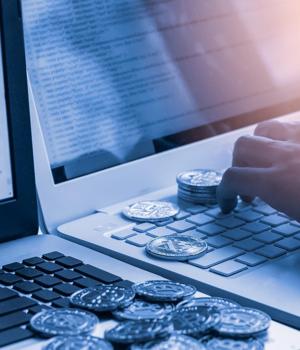Security News > 2020 > October > Can we stop megacorps from using and abusing our data? That ship has sailed, ex-NSA lawyer argues in new book

Cyber Privacy: Who Has Your Data and Why You Should Care is the title of a new book from April Falcon Doss, a former associate general counsel for intelligence law at America's NSA. Doss spoke to The Register about her concerns with pervasive data collection and its potential for harm.
Explaining why she wrote the newly published book, Doss said: "I spent years immersed in and I was constantly discovering new areas of data collection, new ways in which data is being used, new concerns for individuals, and I thought, you shouldn't have to be a data expert to understand these things."
"In today's complex data privacy environment, it's difficult for consumers to understand what they're consenting to: how their data might be collected and used by the owner of a free product or service they've signed up for, how it might be sold to others, what the impacts of cross-platform data aggregation are, and how artificial intelligence algorithms are creating behavioural prediction models about them."
"Apple does retain data within its own ecosystem, they monetise that data differently, but the only way that your data truly stays within the Apple ecosystem is if you always only use Apple devices and services. As soon as you go outside the Apple ecosystem, you're no longer in this sort of hermetically sealed little bubble and the reality is nobody uses their iPhone or their Mac book that way. It would be a mistake for somebody to think that because they have an iPhone rather than Android, they now have perfect security of their data."
"Corporations, though - the thing that struck me writing this book was that corporations remain largely unregulated. In every model, even GDPR, which is perhaps the strictest of the data protection regimes, a consumer can consent to giving away data. On one level that makes sense, there is no need to be overly paternalistic. On the other hand, in today's data environment it is very difficult for people to understand the implications of the consent that they give because the ways in which data is aggregated, shared and then used are so complex. Government oppression can be greater at the extremes, but there is at least a regime to say there are boundaries on what governments should do."